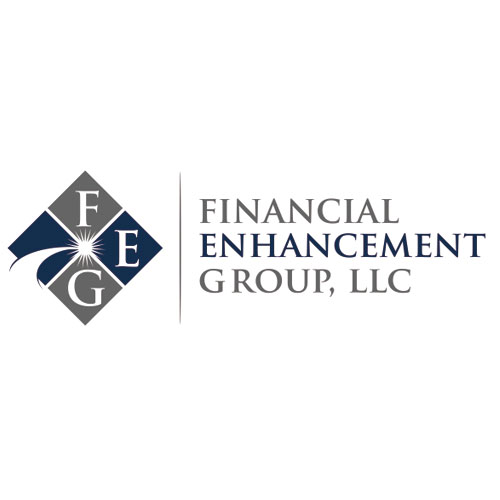[vc_row][vc_column width=”1/4″ offset=”vc_hidden-xs”][vc_widget_sidebar sidebar_id=”sidebar-main”][/vc_column][vc_column width=”3/4″][vc_column_text]
According to a recent CNBC report, the average 401k balance in America is just $18,000. Based on this low average balance, the report’s author deemed 401k plans an unsuccessful experiment. Not so fast!
On one point, I am in full agreement with the author. Individuals use 401k plans as savings mechanisms and direct their full, uninterrupted attention on their account balance. Savings accumulated is clearly one measuring stick for success. Are you saving enough? Are you getting the right return? Those are easy measuring sticks, but are they helpful in seeing the big picture?
Let’s use health and weight as an example of considering more than a single number. People often focus on the scale reading (the amount), without considering other vital metrics such as waistline measurement and blood pressure. All of these factors affect overall health.
From a financial planning perspective, a concentrated focus on the account balance takes investors’ eyes off the income their retirement account should produce. Other metrics for retirement income are often overlooked. That's not the failure of a 401k plan, but rather the success of the financial services industry in getting investors to focus tightly on balances. A fad diet may lower the scale reading but it can also contribute to harmful health issues.
The second point of the alleged 401K failure lies in the phrase “average balance.” Part of the 401k concept – right or wrong – was to give individuals opportunity and responsibility to save enough for their future. Some participants’ decisions to spend more today gives them lower balances but in no way makes more disciplined folks healthy 401k plans a failure.
You are not average! You are uniquely created with individual wants and needs for retirement. In the academic world, we dwell on average life spans, average income, average returns, etc. Averages are valuable for national studies but they don't represent the lives of many people reading this column who tend to have higher incomes, more access to healthcare, better living situations and often longer lives.
You are not average and neither is your 401k balance!
Disclaimer: Do not construe anything written in this post or this blog in its entirety as a recommendation, research, or an offer to buy or sell any securities. Everything in this post is meant for educational and entertainment purposes only. I or my affiliates may hold positions in securities mentioned in the blog. Please see my Disclosure page for full disclaimer.[/vc_column_text][/vc_column][/vc_row][vc_row][vc_column offset=”vc_hidden-lg vc_hidden-md vc_hidden-sm”][vc_widget_sidebar sidebar_id=”sidebar-main”][/vc_column][/vc_row]


